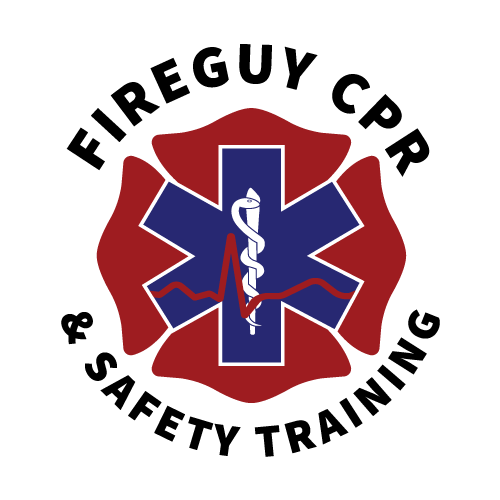In the corporate world, teamwork and employee morale are essential for productivity and success. Many companies invest in team-building activities and employee development programs to foster a positive work environment. However, one often-overlooked tool for achieving these goals is CPR (Cardiopulmonary Resuscitation) training. Surprisingly, CPR training can be a powerful catalyst for team bonding and increased morale in the workplace.
Here are several ways in which CPR training can enhance team dynamics and boost morale in corporate settings:
- Shared Experience: CPR training provides employees with a shared experience outside of their usual work roles. Learning a life-saving skill together creates a bond that transcends departmental divisions and hierarchical structures.
- Increased Confidence: When employees acquire CPR skills, they gain confidence in their ability to handle emergencies not only at work but also in their personal lives. This newfound self-assuredness can positively impact their overall confidence and outlook, leading to increased morale.
- Empathy and Support: CPR training fosters empathy as participants learn about the importance of helping others during a crisis. This shared understanding of the value of human life can lead to a more compassionate and supportive work environment.
- Team Collaboration: During CPR training, participants often work together in teams, simulating emergency situations. This collaborative learning experience can translate into improved teamwork and communication skills in the workplace.
- Leadership Development: CPR training can help identify emerging leaders within the organization. Those who excel in crisis situations may also demonstrate strong leadership qualities, making them valuable assets to the company.
- Safety Culture: Promoting a safety-conscious culture within the workplace is crucial. CPR training reinforces the importance of safety and preparedness, encouraging employees to take safety protocols more seriously and creating a safer work environment.
- Corporate Responsibility: Demonstrating a commitment to employee well-being and safety through CPR training can enhance a company’s reputation and improve its standing in the eyes of both employees and clients.
- Positive Energy: Learning a life-saving skill is an empowering experience. Employees who feel empowered are more likely to approach their work with a positive attitude, which can have a ripple effect on the entire team.
In conclusion, CPR training is not just about acquiring a critical life-saving skill; it’s about creating a more cohesive, confident, and compassionate workforce. By investing in CPR training programs, companies can build stronger teams, enhance morale, and create a safer, more positive workplace culture that benefits both employees and the organization as a whole. So, consider incorporating CPR training into your corporate development initiatives to see the positive impact it can have on your team.

Recent Comments